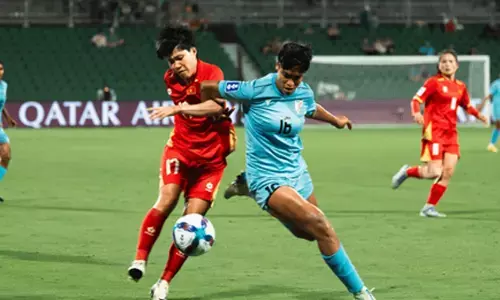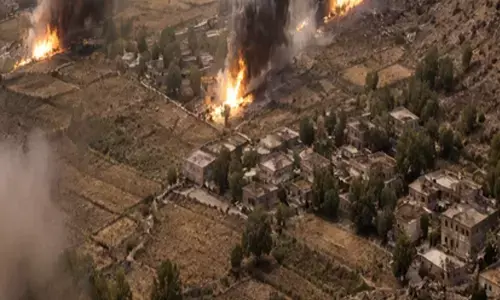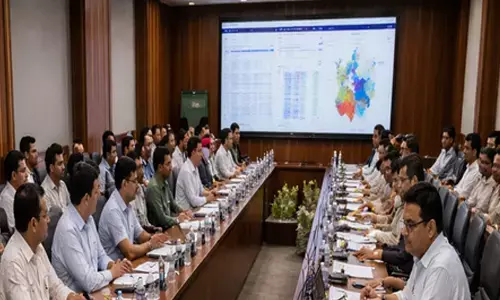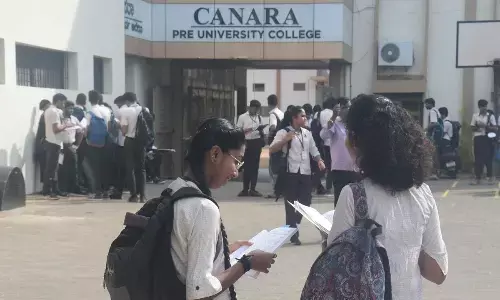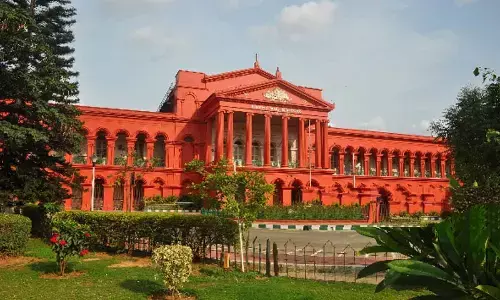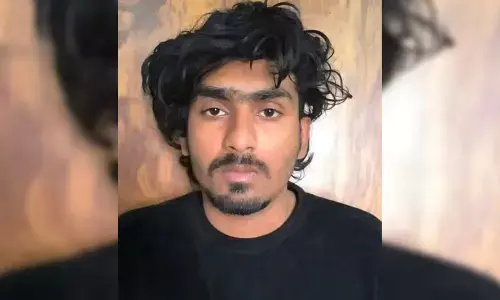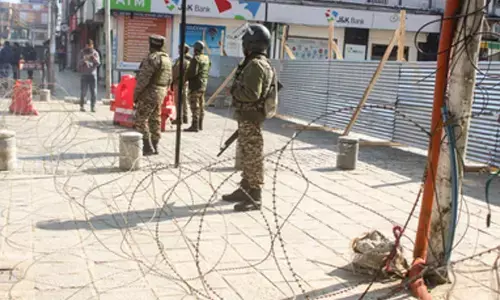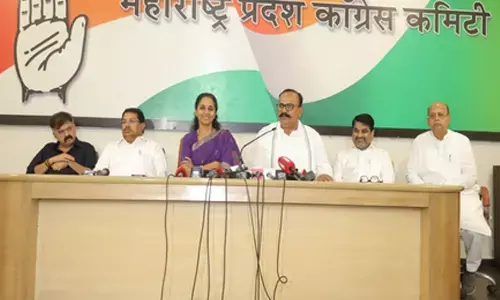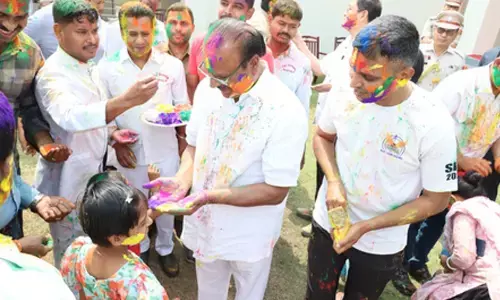'Contempt' is a serious limitation on 'criticism'
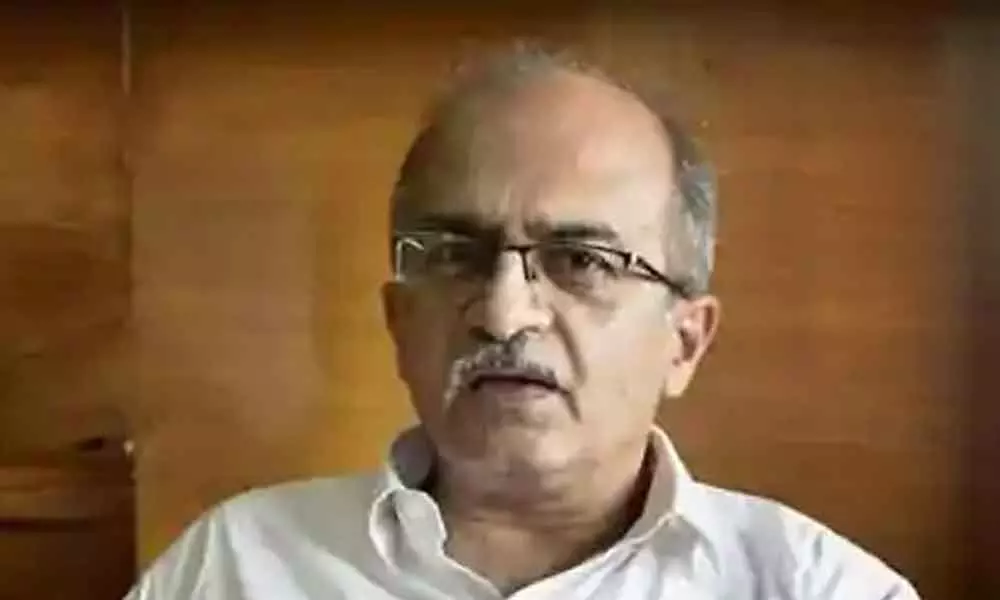
‘Contempt’ is a serious limitation on ‘criticism’
The Supreme Court re-affirmed the guilt of Prashant Bhushan and punished him with Re 1 penalty, which he accepted
The Supreme Court re-affirmed the guilt of Prashant Bhushan and punished him with Re 1 penalty, which he accepted. The sentence judgment of 31st August 2020 pointed out that Bhushan should not have used media to publicise his defence, while the case is sub judice. This article explains the role of media, use of media and dos and donts regarding the 'freedom of speech' vis-à-vis Contempt of Court with excerpts from latest judgment.
After adjudging Prashant Bhushan guilty of contempt on August 14, Bhushan pointed out that (a) the copy of the petition filed by Shri Mahek Maheshwari, was not furnished. It is an important issue of sharing information. Because of non-supply of this petition Bhushan said that he could not ascertainwhether the complaint was mala fide or even personally or politically motivated, (b) the factors relevant for sentencing are the offender, the offence, the convicting judgment, statutory or other defences relating to a substantialinterference with justice, truth, bona fides, and public interest indisclosure.
Referring to his standing of 35 years, Prashant Bhushan said that he brought certain corruption cases andcauses to the Court such as V. Ramaswamy case, Coal Mining case, GoaMining case, Orissa Mining case, an issue relating to the appointment ofCVC, CBI Director's case, Lok Pal case etc. In the public interest, he hasfiled several petitions like Narmada case, Bofors case, Police Reform case,Passive Euthanasia case, HPCL Privatization case, Street Vendors case,Rickshaw Pullers case, Singur Land Acquisition case, Drought Management, Gram Nyayalaya, and Electoral Bond cases.
On offence of scandalizing he wrote: "The nature of offences is another ingredient to be taken into consideration while imposing sentence; (i) Offence must be clear without ambiguity. (ii) The potential offender must know/understand whether the/she is guilty of the offence.
The offence of scandalizing the Court is notoriously vague. It has not been defined by the Statute. It is called "vague and wandering" jurisdiction. Reliance has been placed on Shreya Singhal v. Union of India, 2015 (5) SCC 1. Such an offence has to be handled with care and used sparingly, as observed in Baradakanta Mishra v. Registrar of Orissa High Court & another,(1974) 1 SCC 374.
There is inconsistency in various decisions relating to the conviction and sentence due to vagueness. The decision in E.M. Sankaran Namboodripad v. T. Narayanan Nambiar, (1970) 2 SCC 325, has been superseded by P.N. Duda (1988) 3 SCC 167).
Bhushan raised another important objection, that "Article 19(1)(a) guarantees Freedom of Speech and Expression and the provisions in Articles 129 and 142(2) of the Constitution of India, cannot override Article 19(1)(a) and 19(2) of the Constitution of India. Free Speech is a highly valued right and is essential for democracy.
In a democracy, there is a right to dissent. There is the freedom to build anopinion. Publication in good faith is suggested for the Press, as defined in General Clauses Act in Section 3(22), it is a valid defence, if done honestly, whether it is done negligently or not".
Bhushan submitted that "while applying the Principle of Proportionality the balance will have to tilt in favour of the rights as against restrictions, in as much as the rights are fundamental in nature. The opinions of the contemnor were bona fide and devoid of malice. Thus, the decision with respect to the conviction is required to be recalled, and in such an event, no sentence can be imposed.
It was submitted that the judgments are open to scrutiny and this Court should welcome outspoken comments including criticism by ordinary citizen". Debarring an advocate from appearing is to be done only in rare cases, as a last resort, only after giving requisite notice for the same, as held in R.K. Anand v. Registrar, Delhi High Court, (2009) 8 SCC 106.
He also said: There should not be an attempt to coerce him into making an apology on the basis that nothing else would be acceptable.
Attorney General KK Venugopal suggesting the Bench to show magnanimity in this case, also said that apart from sending a right message to the contemnor, it will also send an appropriate message to all the members of the Bar as well as all citizens throughout the country. He further suggested should give a quietus to this matter by giving warning to him instead of sentencing him that one should be careful and cautious while making any statement with regard to the judges or the institution of administration of justice.
Arguing for Prashant Bhushan, Dr. Rajiv Dhavan, learned senior counsel, fairly stated that publication of the supplementary statement of the contemnor in various print as well as other media in advance was not proper, and he also stated that no lawyer or litigant should either give an interview, talk to the press or make any statement with regard to pending litigation before any Court. He submitted that though a fair criticism of judgment after the judgment was pronounced was permissible in law, making any statement or giving press interviews during the pendency of the litigation was not permissible.
In paragraph 34 of Judgment dated 31.8.2020, bench answered questions on freedom of speech as follows: Though there is a Freedom of Speech, freedom is never absolute because the makers of the Constitution have imposed certain restrictions upon it. Particularly when such Freedom of Speech is sought to be abused and it has the effect of scandalising the institution as a whole and the persons who are part of the said institution and cannot defend themselves publicly, the same cannot be permitted in law. Though a fair criticism of judgment is permissible in law, a person cannot exceed the right under Article 19(1)(a) of the Constitution to scandalize the institution".
Bench took serious objection that Bhushan has not only gave wide publicity to the second statement submitted before this Court on 24.08.2020 prior to the same being tendered to the Court, but also gave various interviews with regard tosub judice matter, thereby further attempting to bring down the reputation of this Court.
Why defence of truth is not available?
Referring to the defence of truth in public interest, as pleaded by Bhushan in his response to guilt verdict, the bench said: "If the averments are considered for taking truth as a defence, it would amount nothing else but the aggravation of the contempt" and held that defence was not taken in public interest. it is more derogatory to the reputation of this Court and would amount to further scandalizing and bringing administration of justice in disrepute, in which the common citizen of this country has faith and approaches this Court as a last resort for getting justice".Hence the defence of truth was not made available to Bhushan.
The bench found no justification to make such a remark/tweet, particularly when it is made by a lawyer with 35 years standing like Shri Prashant Bhushan, who is an officer of the Court and advocates enjoy equal dignity in the system. That further makes it clear that while insisting with the unjustifiable defence and insistence to go with it makes the entire episode the one which cannot be ignored.
Bench further pointed impropriety of Bhushan using the media, saying: In a subjudice matter, releasing such statement to the press in advance is an act of impropriety and has the effect of interfering with the judicial process and the fair decision making and is clearly an attempt to coerce the decision of the Court by the influence of newspaper and media, which cannot be said to be conducive for the fair administration of justice and would further tantamount to undue interference in the independent judicial making process which is the very foundation of institution of administration of justice.
If such kind of action is resorted to in a subjudice matter, that too by an advocate who is facing a criminal conte mpt, it virtually tantamount to using a forum or platform which is not supposed to be used ethically and legally. More so, in a serious case of criminal contempt and particularly after the conviction has been recorded by Court, it indicates that the tolerance of the Court is being tested for no good reasons by resorting to unscrupulous methods". Thus, the contempt of court is a sword that cuts the scope of freedom of speech on social media.
(The writer is Dean, School of Law, Bennett University, and former Central Information Commissioner)


